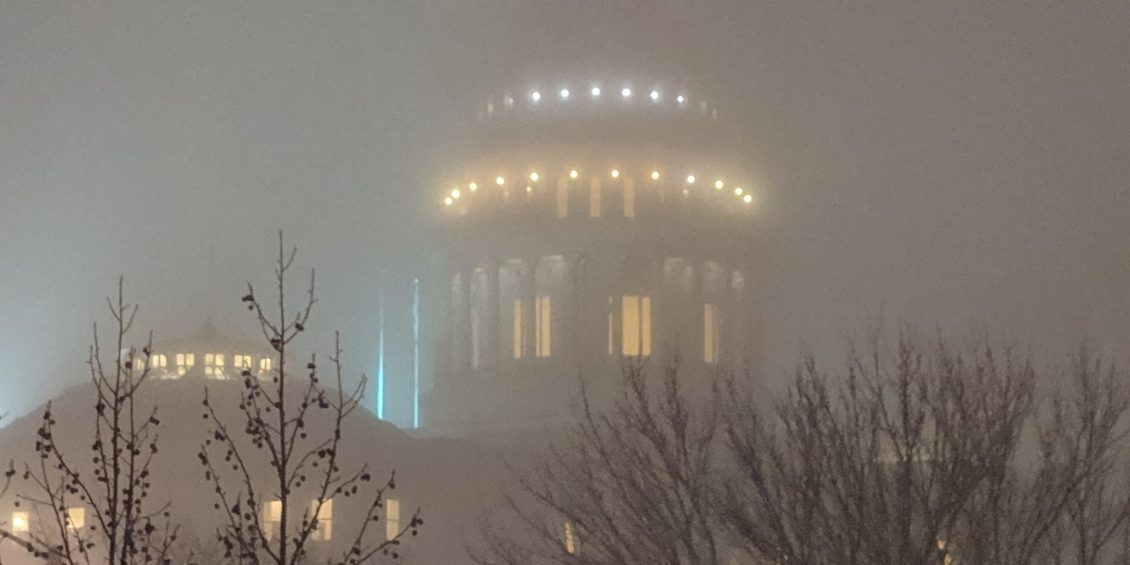
Yesterday, I sat through one of the most intense budget hearings of the session.
Over the last few months, there’s been a lot of focus on education and healthcare in Idaho. But Wednesday morning (you can download video from the hearing) I got a deep dive into our Department of Corrections.
Director Josh Tewalt’s opening remarks were startling. Over 77% of the population served by the Department of Corrections are re-entering the system after failing parole or probation, or re-offending.
The discussion lasted for almost 2.5 hours of the three-hour hearing. Based on the questions and the answers we heard, it’s crystal clear that the issues we face are much more complex than the headlines imply.
Beyond the Headlines
It’s not just about building a new prison or addressing mandatory minimums. Instead, we heard about everything from the stresses of shift work on a 365-day schedule to the difficulties of defining costs around a long-term IT project.
For instance, Director Tewalt, walked us through the department request for increasing entry pay for correctional officers. He went beyond the numbers. Yes, the actual pay is a factor, but he also accepted responsibility for creating a culture that supports a healthy work environment.
We performed the same deep dive on several issues in the seven budgets that fall under the Department of Corrections. It was a powerful reminder of our responsibility as citizen legislators that we need to do our best to understand the overall needs of our all our citizens and communities.
Putting Budget Decisions in Context
It’s easy to treat some of these decisions like they happen in a vacuum. But as Director Tewalt noted, we’re better served understanding the relationship and overlap between these different issues. In this case, there’s a connection between the physical, like how many beds we budget for in a long-term facility, and the psychological, like the level of support available through a re-entry program.
No silver bullet exists to solve this big and, frankly, expensive responsibility we face as a state. Instead, we’re challenged to navigate a series of complex questions and make decisions based on the information we have now. That doesn’t change the reality that things may change later, and we’ll need to adapt.
I have many reasons for reaching out and sharing as much information as I can with you. But perhaps the most important reason is to help you better understand why we do what we do as legislators. Often, the actions of government can appear opaque, and because we’re not being transparent, it’s easy to assume some cynical reason for our actions.
That’s the last thing I want.
I do want to make sure you feel informed and have an opportunity to ask questions and get answers to your questions.
Clarity Around the Budget Process
So, today’s update is a little bit about the Department of Corrections, but it’s mostly about helping you understand my approach to the budget process. I ask a lot of questions and push for as much clarity as possible around proposed budgets. Why do they need (or want) the dollars they’re requesting and how does it serve our communities and state?
My goal is to ensure that if you have questions about why and how we’re spending your tax dollars, I can answer those questions. And if I don’t recall the details immediately, I know where to find it because you deserve an answer.
Finally, I want to provide a quick reminder of our District 34 Town Hall on Saturday, February 9, at 10 a.m. We’ll be at the Madison County Courthouse in the Commissioners’ Room.
I look forward to seeing you there. Thank you again for your support, and don’t hesitate to let me know if I can help you.